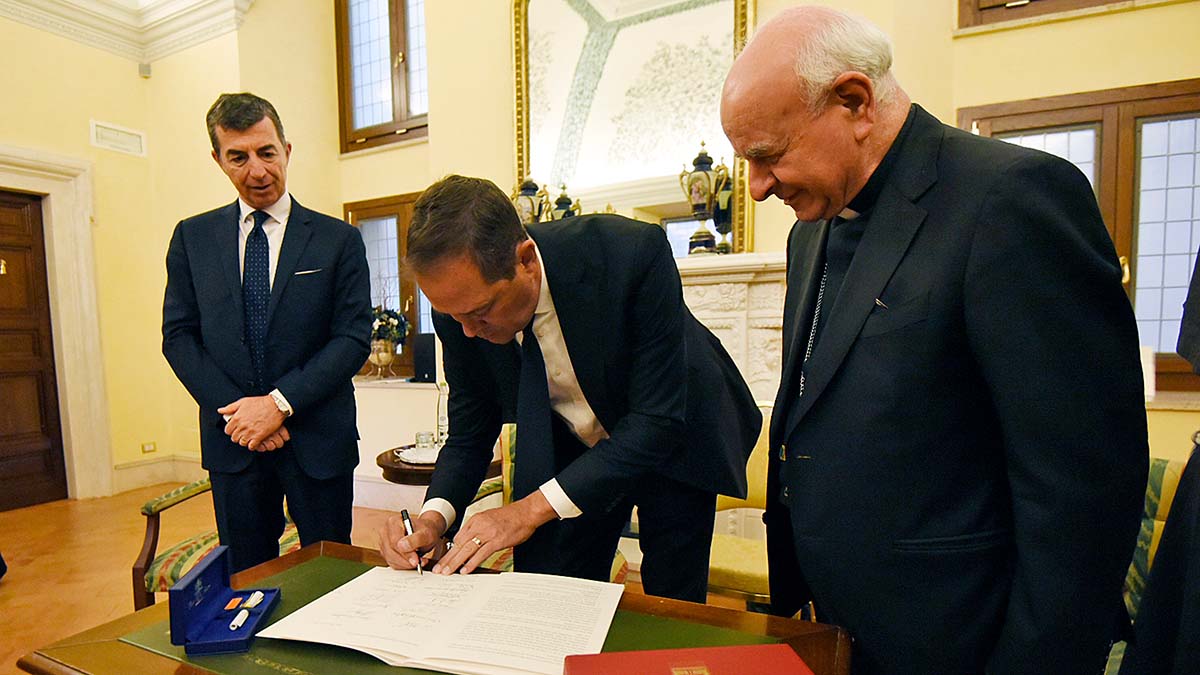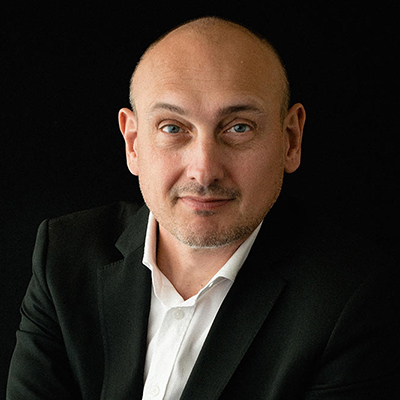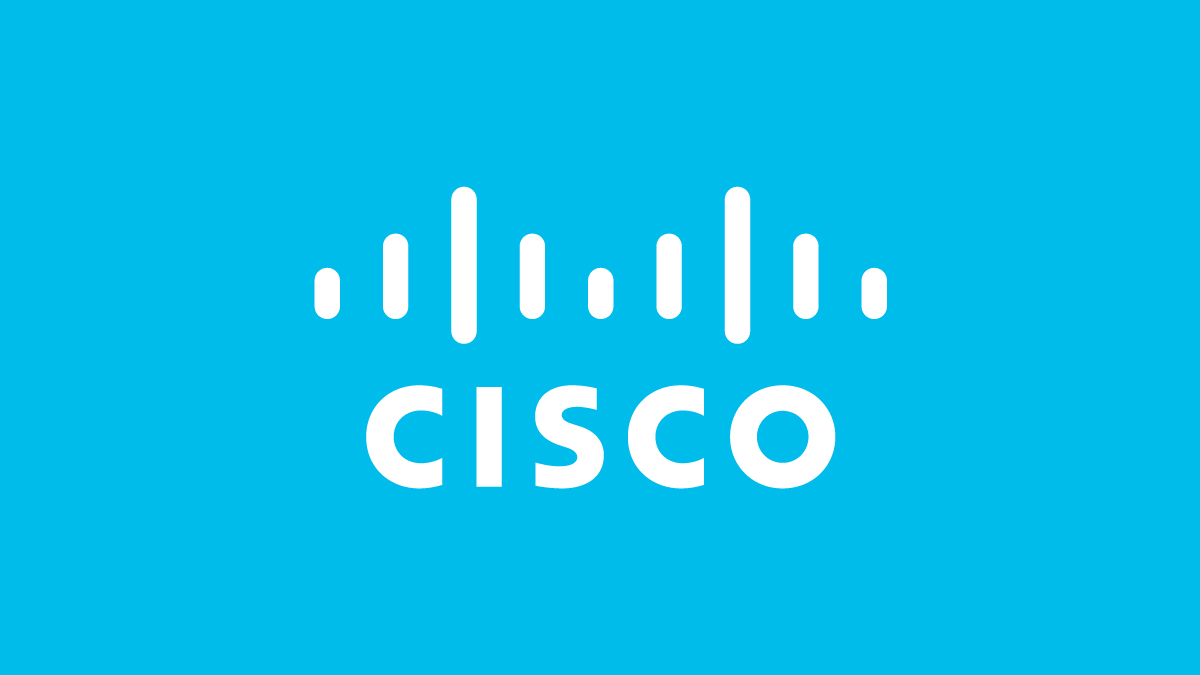Cisco has joined other technology leaders in the Rome Call for AI Ethics amid widening awareness of the need for ethical principles in artificial intelligence.
The Call is a document that was published by the Vatican in February 2020 to push for the development of AI technologies that are transparent, accountable, and socially beneficial.
Its inaugural signatories were the Vatican Pontifical Academy for Life, Microsoft, IBM, the Italian Ministry of Innovation, and the Food and Agriculture Organization of the United Nations.
In April 2021, Pope Francis established a non-profit organization called the RenAIssance Foundation at the Pontifical Academy for Life in Vatican City to guard and promote the Call while supporting a wider ethical debate on digital technologies in society.
“AI is just the last chain in the automation transformation that the industrial revolution produced,” says Father Paolo Benanti, scientific director of the RenAIssance Foundation. “The industrial revolution gave power and wellness to some people but produced discomfort, inequality, and environmental problems for a lot of others.”
Interest in ethical AI development is also very much a concern for the current head of the Roman Catholic Church, Pope Francis, who “has always pushed the church to the cutting edge of issues such as migrants, environment, and now AI,” says Benanti.
However, it is a measure of the widespread nature of AI and ethics debate that the Call was signed by Jewish and Muslim leaders in January 2023 at a meeting featuring the United Arab Emirates’ Abu Dhabi Forum for Peace and the Chief Rabbinate of Israel’s Commission for Interfaith Relations.
The Call has also attracted support from the private sector, including organizations as diverse as healthcare providers Providence and Somos, consumer rights body Euroconsumers, machine learning firm ML cube, and the Centre of Advanced Studies for Artificial Intelligence in Italy.
Benanti says Cisco will be an important addition to the list. “AI is not just a matter of information and data,” he says. “It’s also a matter of computational power and connection, elements in which Cisco has a key role.”
AI development at Cisco is guided by six principles: transparency, fairness, accountability, privacy, security, and reliability. These are largely aligned with six ethical principles listed in the Call, which are:
- Transparency, meaning AI systems must be understandable to all.
- Inclusion, requiring systems to not discriminate against anyone, because every human being has equal dignity.
- Accountability, as in there must always be someone who takes responsibility for what a machine does.
- Impartiality, seeking that AI systems should not follow or create biases.
- Reliability, to ensure AI can be trusted for vital applications.
- Security and privacy, calling for systems to be secure and respect the privacy of users.
Early AI development has already highlighted problems with some of these areas, such as impartiality. AI systems have been found to be biased in a wide range of areas, from discriminating against people of color to showing a preference for men over women in recruitment advertising.
Such issues are perhaps to be expected in a nascent domain such as AI. But the power of the technology, which has led to growing consumer concerns, means it is increasingly important for corporations, governments, and civil society to heed the Call.
Cisco research showed that most consumers are concerned about how organizations are using their personal data for AI, with 60% saying that they have already lost trust in organizations because of their AI use.
Benanti says creating an ethical foundation for AI could have benefits that far outweigh those that could be achieved by simply following a profit motive.
For comparison, he says, consider Central Park in New York: this is land that was acquired by the municipality and thus taken away from developers, but now adds considerable value to its surrounding area and the city at large.
“The Rome Call for AI is not about evaluation or compliance,” says Benanti. “It’s an offer of value, for individuals, for companies, for society, in a voluntary form.”
The hope is that this will become increasingly apparent as companies such as Cisco, along with government institutions and civil society leaders, add their voices to the Call—to the point that ethical principles become an intrinsic part of AI development.
“Paradoxically, the best outcome will be when the Call is not needed anymore, when it can disappear and no-one notices it,” says Benanti. “That will mean it has worked.”





